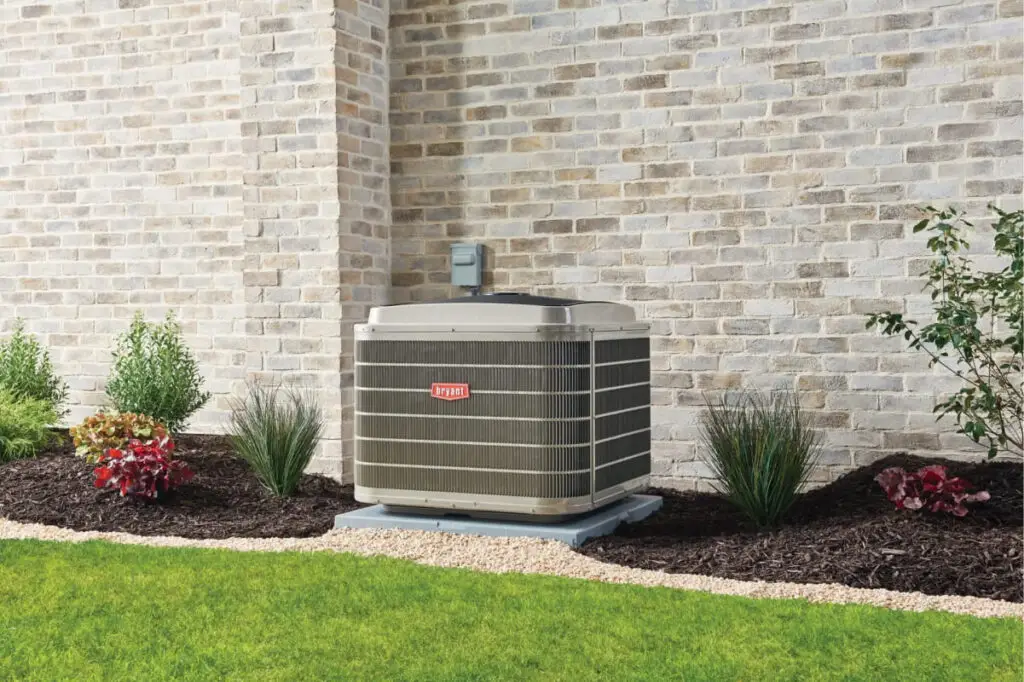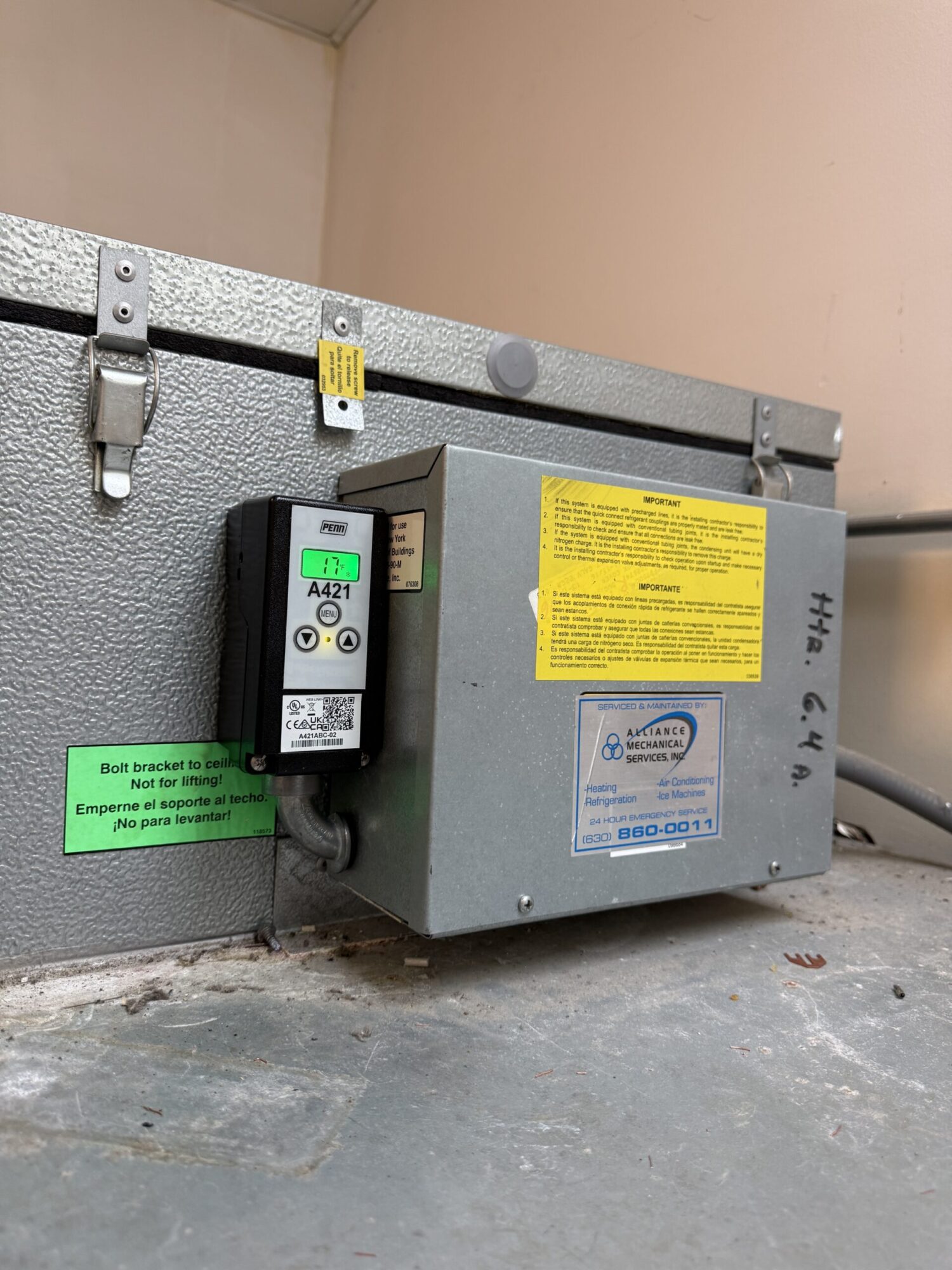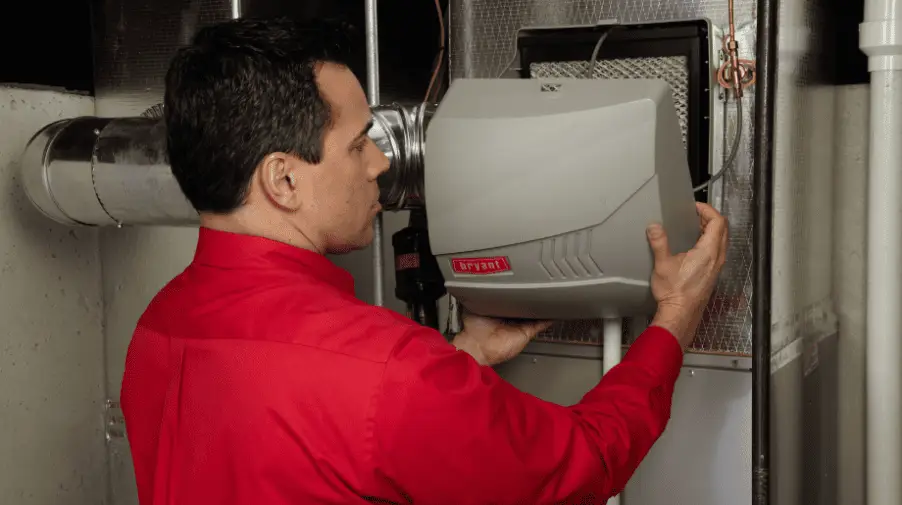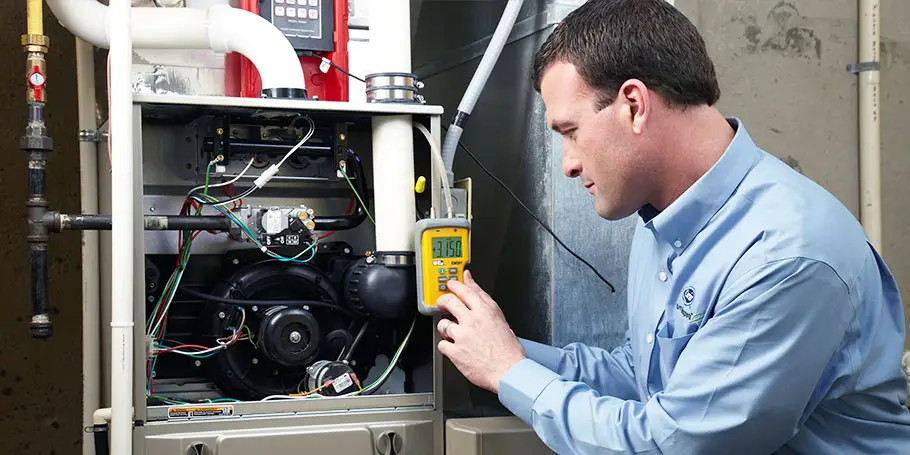Deciding whether to repair or replace your AC unit is a common dilemma for homeowners. Making the right choice depends on several factors, including the age of your system, repair costs, energy efficiency, and technological advancements. Let’s explore these considerations in detail to help you make an informed decision.

4 Signs Your Air Conditioner Needs Repair
1. Frequent Cycling or Uneven Cooling
If your air conditioner frequently turns on and off or fails to cool your home evenly, it may need repair. These issues often stem from dirty filters, low refrigerant, or electrical problems.
2. Strange Noises or Odors
Unusual sounds such as grinding or squealing, or odors like burning, often indicate mechanical or electrical problems. These should be addressed promptly to avoid further damage.
3. Rising Energy Bills
A sudden spike in energy bills could signal that your AC is working harder than it should. Repairs like cleaning the coils or replacing a faulty component may restore its efficiency.
4. Water Leaks or Ice Build-Up
Water pooling around the unit or ice on the refrigerant lines is a sign of malfunction. Addressing these issues early can often prevent costly repairs later.
4 Signs Your Air Conditioner Needs Replacement
1. Age of the Unit
Air conditioners typically last 10–15 years. If your system is nearing or surpassing this age and frequently breaks down, replacement may be more cost-effective than continual repairs.
2. Frequent Repairs
If you find yourself scheduling repairs more often and the costs are adding up to 50% or more of a new unit’s price, it’s time to replace your system.
3. Low Energy Efficiency
Older units with low SEER ratings are less efficient than modern systems. If your energy bills remain high despite maintenance, upgrading to a new unit could provide long-term savings.
4. Use of Outdated Refrigerants
If your system uses R-22 refrigerant, which is expensive and environmentally harmful, consider replacing it with a unit that uses R-410A, a more eco-friendly option.
Repair Expenses vs. Replacement Costs
When to Repair Your AC
- If the unit is less than 10 years old
- If the repair cost is less than 50% of the replacement cost
- If the issue is minor, such as a clogged filter or thermostat adjustment
When to Replace Your AC
- If the unit is over 10–15 years old
- If repair costs exceed 50% of the cost of a new unit
- If you’re spending more on energy bills due to an inefficient system
Energy Efficiency and SEER Ratings
Upgrading to a high-efficiency AC unit with a SEER rating of 14 or higher can reduce cooling costs by up to 30%. Modern systems also come with advanced features like variable-speed compressors and smart thermostats that enhance comfort while conserving energy.
Benefits of a High-Efficiency Unit:
- Lower energy bills
- Reduced carbon footprint
- Eligibility for rebates and tax incentives
If your current unit has a low SEER rating, replacing it with a newer, more efficient model could provide significant financial and environmental benefits.
Modern Features to Consider
Modern air conditioners offer features that older units lack, including:
- Smart Thermostats: Control your system remotely for optimal energy savings.
- Zoned Cooling: Customize temperatures for individual rooms.
- Advanced Filtration: Improve indoor air quality by capturing allergens and pollutants.
- Quiet Operation: Enjoy a more peaceful environment with sound-dampening technology.
These advancements can make replacement an attractive option if your current system lacks these capabilities.
Financial Incentives and Rebates
Replacing your AC can qualify you for rebates and tax incentives, especially if you choose an Energy Star-rated unit. These financial perks can offset the upfront cost of a new system. Additionally, many utility companies offer rebates for high-efficiency units, making the switch even more economical.
When to Call a Professional
Let Four Elements Service guide you if you’re still unsure whether to repair or replace your AC unit. We specialize in diagnosing AC problems, offering cost-effective repair solutions, and installing high-efficiency systems tailored to your needs.Don’t wait for small issues to turn into major problems. Contact Four Elements Service today to schedule an appointment for air conditioning maintenance or AC replacement. We’ll ensure your home stays cool, comfortable, and energy-efficient all year long!
Are there any financial benefits to replacing my AC unit?
Yes, replacing your AC with an Energy Star-rated or high-efficiency unit can qualify you for rebates and tax incentives, and utility rebates are often available, helping offset the initial investment while reducing energy costs.
What modern features should I consider when replacing my air conditioner?
Modern air conditioners offer features such as smart thermostats for remote control, zoned cooling for personalized comfort, advanced filtration for better air quality, and quiet operation, which can enhance convenience and efficiency.
How do SEER ratings affect the efficiency of my air conditioning system?
SEER ratings measure an air conditioner’s energy efficiency, with higher ratings (14 or higher) indicating lower cooling costs and better performance. Upgrading to a unit with a high SEER rating can significantly reduce your energy bills.
What are the clear signs that my air conditioner needs to be replaced?
Your air conditioner likely needs replacement if it is over 10-15 years old, requires frequent repairs costing more than half the price of a new unit, operates with low efficiency, or uses outdated refrigerants like R-22.
When should I repair my air conditioner instead of replacing it?
You should consider repairing your air conditioner if it is less than 10 years old, the repair costs are less than 50% of a new unit’s price, and the issue is minor such as a clogged filter or thermostat adjustment.




